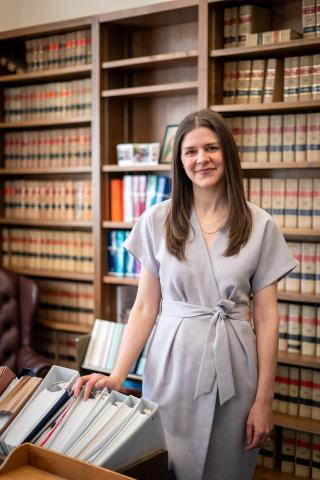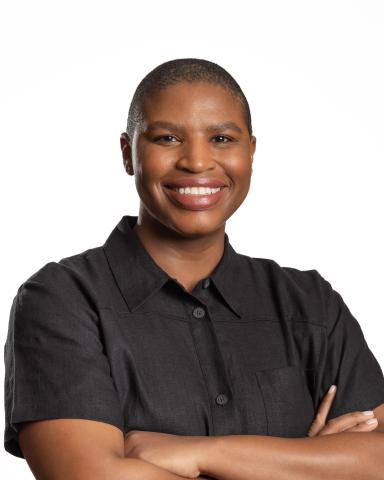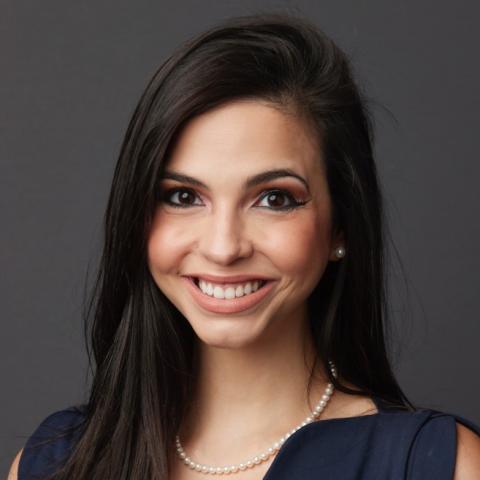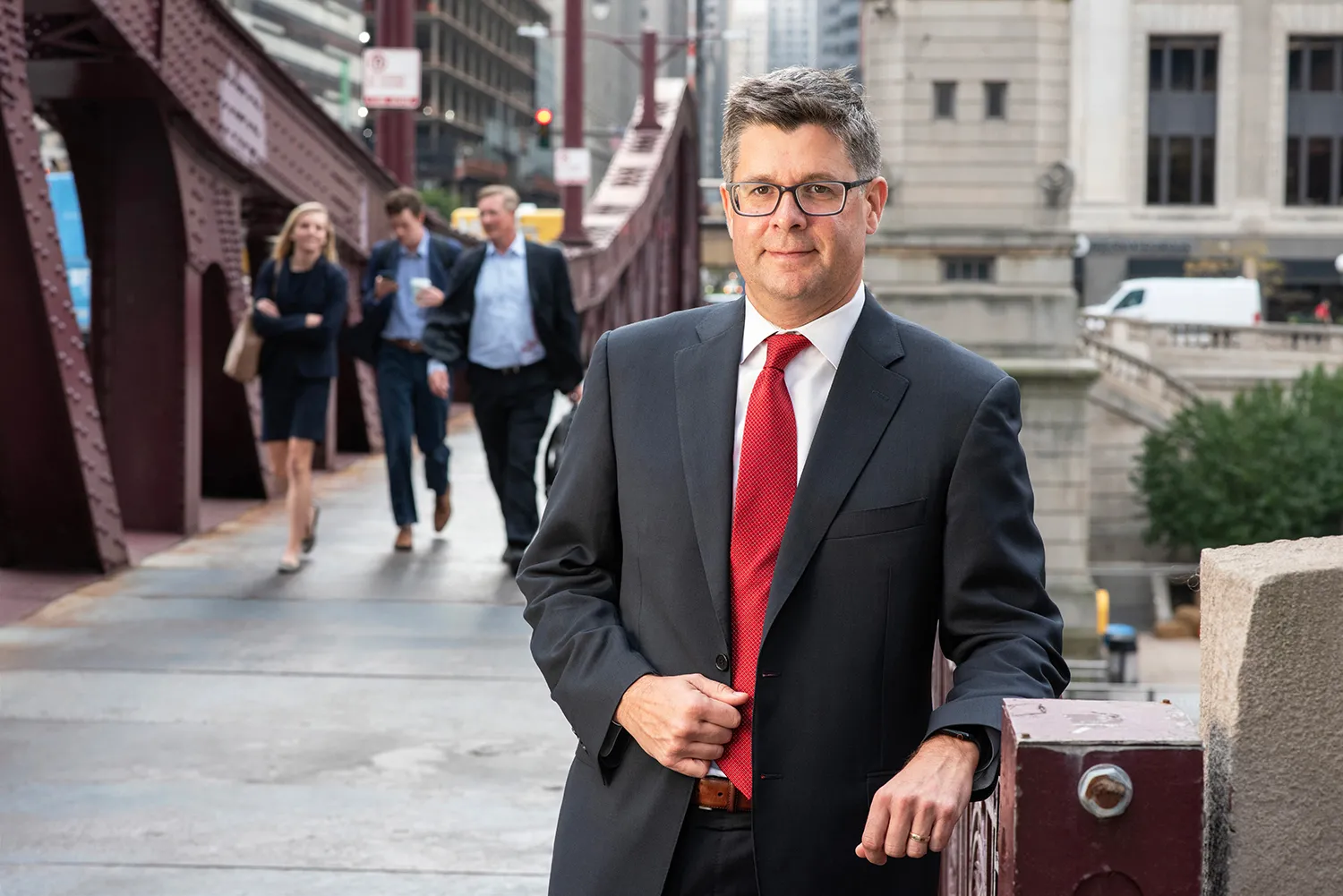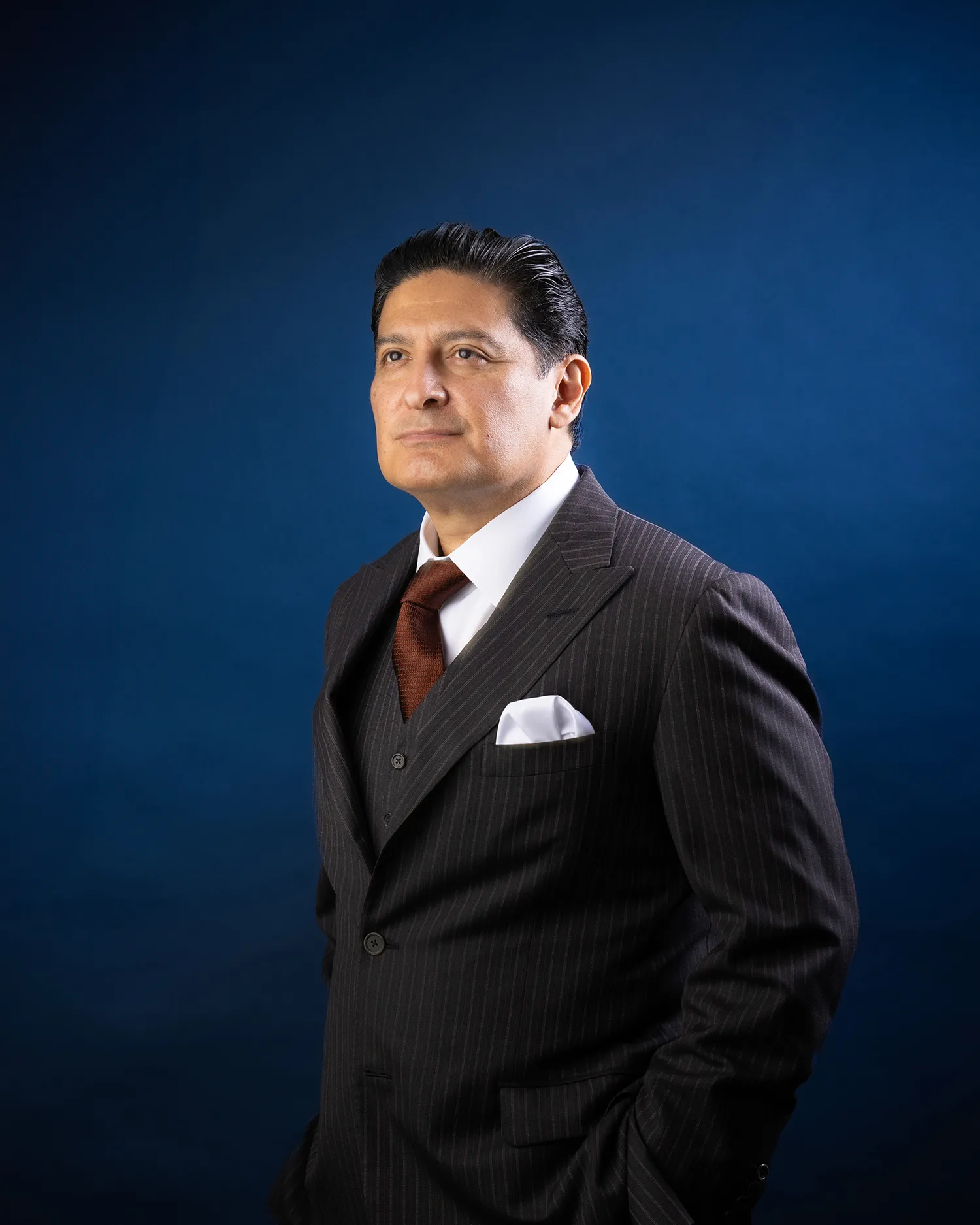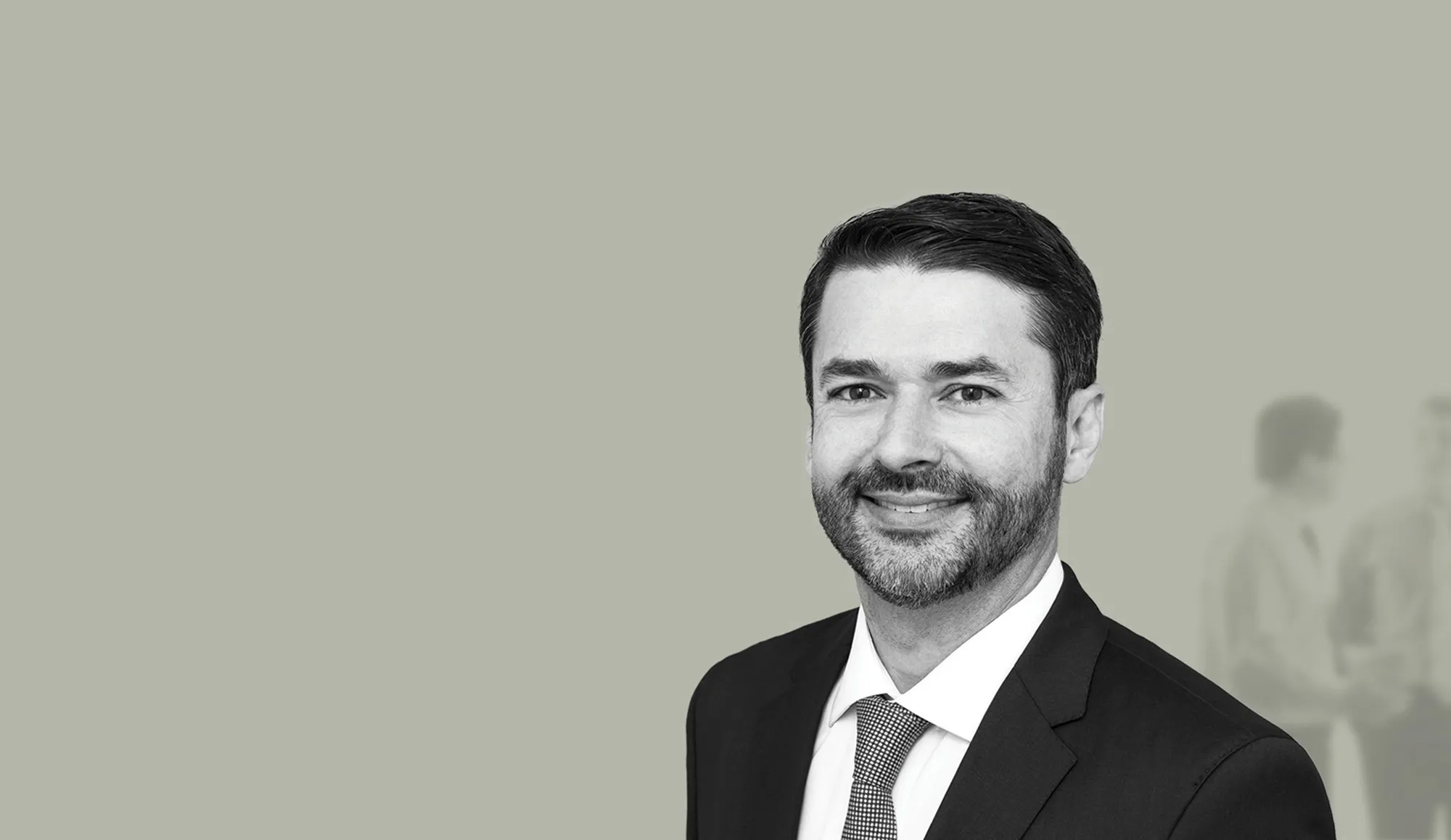Celebrating Ten Years of Rubenstein Scholars
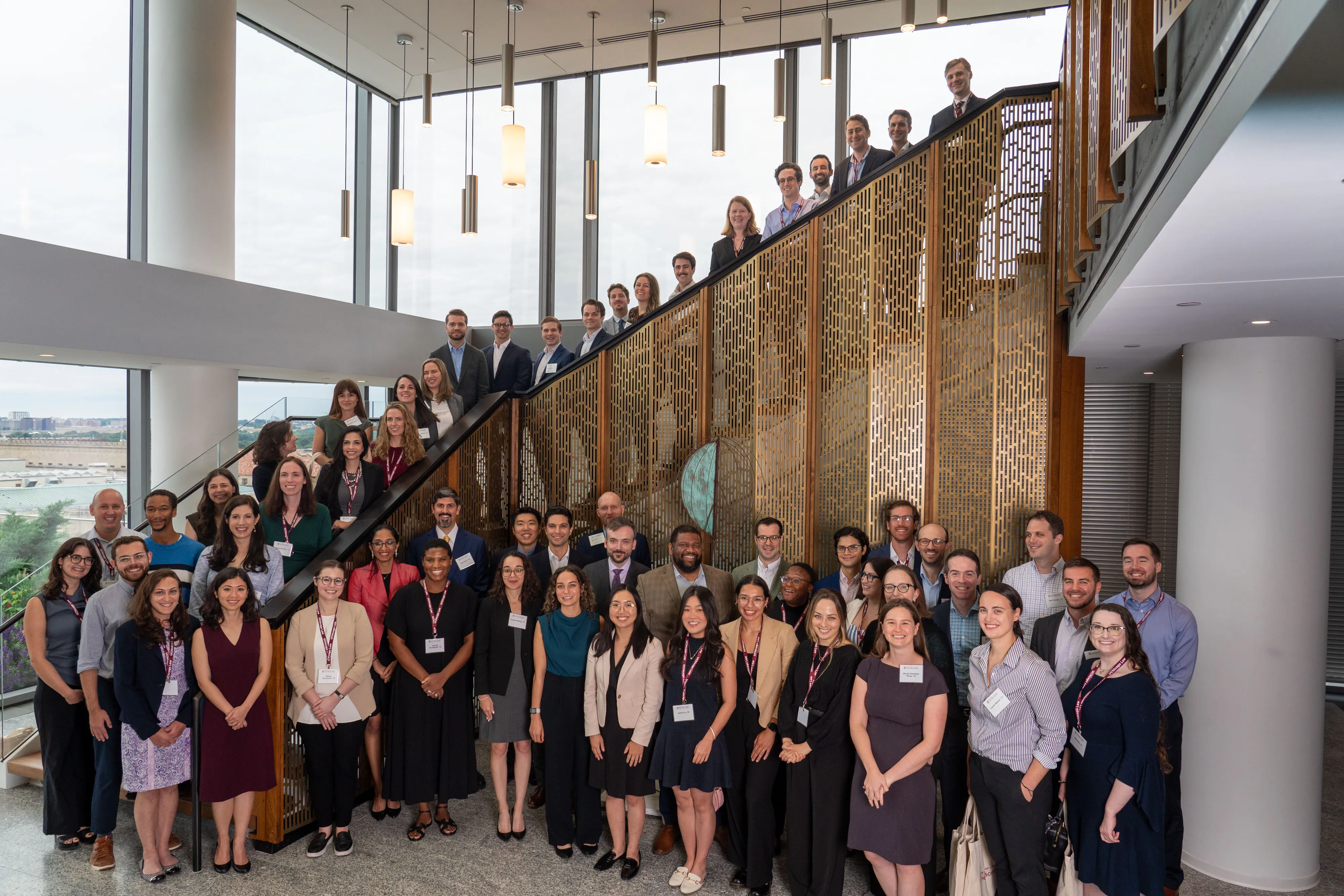
The David M. Rubenstein Scholars Program has been transforming the lives of participating students since the first cohort stepped foot on campus in the fall of 2011. This pioneering initiative that provides full-tuition scholarships to exceptional students has helped draw the best and the brightest to the Law School. The result is a more intellectually charged and engaging environment for everyone.
“It’s helped put UChicago Law on the map for everyone who’s applying to law schools, and that’s terrific, because we can’t make our pitch to students who don’t apply,” said Lior Jacob Strahilevitz, the Sidley Austin Professor of Law and faculty director of the program since its inception in 2010.
The scholars immediately provided a shot in the arm to our classrooms, our clinics, our journals, and our extracurricular organizations; it’s been so gratifying to see so many scholars making an impact in all of those different venues,” he added.
The program offers approximately eighteen to twenty students a year the opportunity to experience a UChicago Law education. Though other similar scholarships exist among law schools, the Rubenstein Scholars Program remains one of the most selective and prestigious in the country. Today, there are more than 200 Law School alumni who have graduated as UChicago Rubenstein Scholars.
The gift that launched this initiative came from billionaire alumnus and cofounder of the Carlyle Group, David M. Rubenstein, ’73, whose support for the program has totaled $61 million to date. To Rubenstein, who earlier this year received the Presidential Medal of Freedom, the nation’s highest civilian honor, this generous gesture is deeply personal; he himself was the beneficiary of a full-tuition scholarship to the Law School.
“The program has worked better than anyone could have imagined when it was first created,” said Rubenstein. “I appreciate greatly [former Dean] Michael Schill’s helping to create it, and [Dean] Tom Miles’ providing so much support for and attention to the program.”
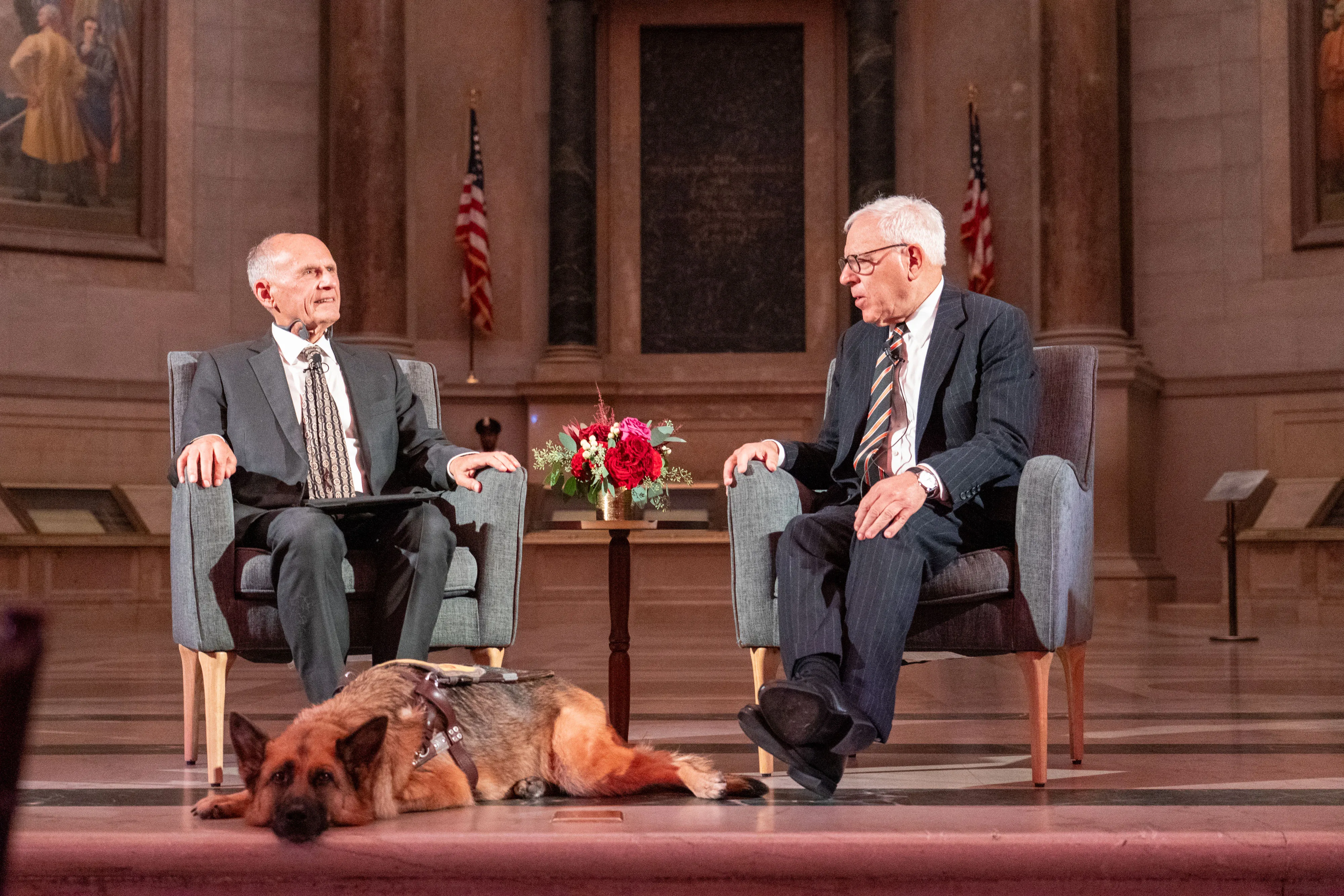
“The program has worked better than anyone could have imagined when it was first created.” David M. Rubenstein
The Law School marked the ten-year anniversary of the first cohort’s graduation with a reunion in Washington, DC, last fall. All Rubenstein Scholars were invited to attend the day-long event that featured panel discussions on various legal topics, a lunch talk, and a celebratory dinner that included a fireside chat with Judge David Tatel, ’66, who served on the US Court of Appeals for the District of Columbia Circuit from 1994 to 2024. Alumni also had the chance to connect with other scholars and to meet Rubenstein.
“It was a thoroughly enjoyable experience for me,” said Rubenstein. “[Dean] Tom Miles deserves an enormous amount of credit for conceiving and organizing the gathering.”
Thomas J. Miles, dean and the Clifton R. Musser Professor of Law, reflected: “It was an extraordinary milestone to celebrate. The impact of the Rubenstein Scholar Program on the careers and lives of the recipients, on the Law School, and on the legal academy is astonishing. The program has elevated the qualifications of our incoming classes, lifted the experience of all students, boosted the rates of our placement in prestigious clerkships, and advanced our commitment to excellence. I am incredibly grateful to David for his support of these talented scholars who have all launched into impressive careers.”
With ten cohorts of Rubenstein Scholars around the country now making their mark in a wide variety of careers—from government to academia to law firms to public service—we reached out to a few of them to ask about where their paths have led. Here’s what they had to say.
Aimee Brown, ’14 Assistant to the US Solicitor General Department of Justice, Washington, DC
Aimee Brown, ’14, was a senior associate at Paul, Weiss, Rifkind, Wharton & Garrison when she was tapped to join the US Solicitor General’s Office in 2022. The year prior, in 2021, she was named “litigator of the week” for her successful argument in the US Court of Appeals for the DC Circuit on behalf of Spirit Airlines. Before that, she had clerked for US Supreme Court Justice Samuel Alito and retired Justice Anthony Kennedy, who had initially hired her.
Brown’s current role brings her back to the Supreme Court. As assistant to the US Solicitor General, her work involves drafting and responding to petitions for certiorari, writing merits briefs, arguing before the Supreme Court, drafting and responding to emergency applications before the Supreme Court, and preparing memos on whether the government should appeal or seek certiorari on adverse decisions from lower courts.
Most meaningful part of her work:
The most meaningful part of the job for me is working on the merits cases and preparing for my own arguments. That’s when I feel like I have the luxury of time to delve into interesting legal issues and craft arguments that I hope will persuade the Court to adopt the position we’re advocating. I try to do exhaustive research during the briefing process, but no matter how much time I spend, by the time I get to oral argument prep, I always find new ways of thinking about the issues. The process of continually honing and refining arguments is incredibly satisfying and rewarding.
On transitioning from private practice:
While in private practice, I had worked on a couple of Supreme Court cases, so I was familiar with the briefing process. Clerking also gave me a lot of insight into how things work at the Court. I had also worked in government before clerking—at the Federal Programs Branch and the Office of Legal Counsel—so I already had some familiarity with certain internal government procedures. But there was still a significant learning curve. You have to learn to work quickly and efficiently. A brief I may have had a month to work on in private practice
might have to be turned around in a week or two at OSG. Fortunately, all of my colleagues at OSG are incredibly generous in answering questions and teaching new assistants the ropes. It would have been a much more difficult transition without them.
Advice for others thinking of transitioning:
I would absolutely encourage others to consider transitioning to public service! Although there are tradeoffs with any career transition, I’ve found so much fulfillment in government work. The issues I get to litigate are fascinating and have real-world effects, and I get to work with incredible colleagues every day. Working in public service can also provide young attorneys with practical experience that can be difficult to gain in private practice with paying clients. I’m grateful I started my career at the DOJ, because I got several arguments within my first couple of years as an attorney. It can be overwhelming to jump in headfirst, but I think it can be the best way to learn.
Eric Lewin, ’17 Assistant General Counsel, Federal Reserve, New York City
Eric Lewin’s, ’17, fascination with banking and the financial system goes all the way back to when he was in high school, when he first learned about the Federal Reserve. Fast forward to today, and he is assistant general counsel within the Legal and Compliance Group of the Federal Reserve Bank of New York, a role he was promoted to earlier this year after working as counsel since 2022.
Lewin’s connection to the New York Fed dates to his pre-law days. He worked there as a research assistant shortly after graduating from Brown University with a degree in applied math and economics. He thought a PhD in economics would be in his future but found himself drawn to the policy work and the world of financial regulatory law when he was a research assistant—and thus pursued law school with the goal of becoming a financial regulatory lawyer.
After graduating from the Law School as a Rubenstein Scholar, Lewin clerked for Judge A. Raymond Randolph on the DC Circuit for a year, then worked in the financial institutions practice at Davis Polk for about four years before returning to the New York Fed.
What he likes about his job:
I relish being a trusted advisor. I find it fascinating to learn about banking and financial markets, and it is an honor to have the opportunity to advise on such important work. It is a particularly awesome privilege and responsibility to be doing this in a public-spirited organization, where my goal is to help guide colleagues to the best answer.
"I find it fascinating to learn about banking and financial markets, and it is an honor to have the opportunity to advise on such important work." Eric Lewin
What a typical day entails:
The challenges and questions I face vary from day to day based on what is happening in banking and financial markets. But there are some themes. Much of my work consists of being embedded with my internal clients to spot legal issues in the course of their work, and then to resolve those issues working with my legal colleagues. Additionally, I often find myself translating legal issues or developments—whether those be proposed or new statutes or regulations, judicial developments, or other regulatory or market activities—so that my non-lawyer colleagues can understand them and apply them to their work. Finally, I also help navigate uncertainty or ambiguity in interpreting and applying the regulatory framework to new questions. All of these roles require strong legal fundamentals, an understanding of the business side of the issues, and excellent client communication—all skills I began to hone at the Law School.
On his time at the Law School:
There are so many great classes and professors to mention that have been instrumental in my development as a lawyer. As a few examples relevant to my work now—Professor Rappaport taught me how to write like a lawyer; Professor Nou instilled in me a passion for administrative law; Professors Posner and Epstein helped me further explore banking law and the legal history of the global financial crisis; Professor Picker taught me about the role of lawyers as institutional engineers; and Professor Weisbach’s tax classes instilled an appreciation for thinking extremely carefully about structuring transactions and reading statutes, regulations, and guidance with a fine-toothed comb.
Two other experiences stand out. First, the Corporate Lab with Professors Zarfes and Avratin was a crash course in working with clients and as part of a legal team—critical skills I use daily that can be hard to build in school. Second, my work as an editor on the Law Review was extremely valuable. Few other things develop such a strong attention to detail or teach how to run and work in a document being touched by many, many others—again, critical skills for a lawyer.
Lastly, I’d be remiss if I didn’t mention my incredible classmates. The Law School fosters wonderful relationships among the student body, and I’ve cherished continuing to keep up with many of my classmates since graduation. Both professionally—these are the people to whom I frequently turn for career advice—and personally, it is a joy to have such great people (and lawyers!) in my life.
Victoria Smallwood, ’16 Senior Counsel Genentech, Inc., New Jersey
Victoria Smallwood, ’16, began her career as an associate at Skadden before moving into the entertainment industry, where she worked as corporate transactions counsel for the media and entertainment conglomerate, Paramount Global. Last year, she joined biotech giant Genentech.
As senior counsel in the US Business Law group at Genentech, Smallwood advises the company on corporate governance, venture financing, mergers and acquisitions, and other general corporate matters. She was introduced to the world of mergers & acquisitions during her 1L summer when she was a 1L scholar at Skadden. The experience opened up a world of possibilities for Smallwood, who went on to tailor the rest of her law school curriculum to take courses that would best position her as a transactional attorney.
On her work in biotech:
The most interesting legal challenge I’ve encountered in biotech is navigating the regulatory landscape, especially on the path to delivering life-saving therapies and preventative testing to those who need it most. At the same time, it is incredibly rewarding to serve as an advisor for a company that is focused on improving patient health. What has remained constant during my transition from entertainment to biotech is the importance of having agile legal teams that operate as business thought leaders.
"[I]t is incredibly rewarding to serve as an advisor for a company that is focused on improving patient health." Victoria Smallwood
Most meaningful career accomplishment:
Having the opportunity to make a real, positive impact using my legal skills on pro bono matters. At Skadden, I was on a team that successfully represented an asylum seeker who had endured female genital mutilation and other domestic abuse. Asylum work was not part of my day-to-day job, but I was able to pursue this opportunity because Skadden supported this important work.
Important lessons learned:
In addition to having sound legal skills, I’ve learned that a lot of in-house success comes from having soft skills, including creative thinking and conflict resolution. Some of the most rewarding projects I’ve contributed to first started out as a new experience or opportunity. Doing a project for the first time can seem daunting, but those types of challenges are what have allowed me to increase my skillset and make more enterprise-wide connections. I’ll add that a large part of my day involves speaking to nonlawyers, so being able to communicate without the use of too much “legalese” is always important.
Julia Trotta, ’15 Partner Kirkland & Ellis, Chicago
Born and raised in Brazil, Julia Trotta, ’15, came to the United States as a teenager and earned her bachelor’s degree from The University of Texas at Austin. She had always had an inkling that she would pursue the study of law, and her decision was solidified when she was accepted to the Law School as a Rubenstein Scholar.
Trotta began her career as an associate at Katten, where she spent almost two years as a transactional law associate. In 2017, she moved to Kirkland & Ellis and spent five years as an associate focused on investment funds. She was promoted to partner in 2022.
What she likes about transactional law:
The nice thing about transactional practice is that everyone is ultimately on the same side. Sure, there are negotiations that can get heated, but we are never playing a zero-sum game. We have these decades-long relationships with our clients and our clients’ clients and we are all trying to do right for each other. In corporate law, there is no smoking gun moment, no big courtroom climax. Most days are spent in a regimented, laborious, process-oriented environment. But it is very satisfying when you can successfully come up with an elegant solution to a client problem, and it is very reassuring to know that no matter what, everyone will be happy with the end result by closing day.
Another thing I enjoy about the investment funds practice is that it is very dynamic. Depending on where we are in the stage of a fundraise, different tasks and skills are required. Negotiating with sometimes hundreds of investors at any one time is a delicate dance that requires flexibility, creativity, and foresight. I am never doing the same thing for too long in a day, and I am never bored.
Advice for others interested in her field:
You have to do your research and talk to people, but ultimately, you have to take a leap of faith and just try out a practice group because you don’t know what daily life in a group will be like until you do it yourself for a while. Having a supportive team (both above and below you), having people that care about you professionally and personally: that is the key to longevity in a big law job.
"Having a supportive team … having people that care about you professionally and personally: that is the key to longevity in a big law job." Julia Trotta
Insights on becoming a partner:
I think one insight is that there’s no magic level you can achieve that will make you feel like “Okay, now I feel like a partner. Now I know everything. Now I can take on any problem.” No matter how senior or experienced, everyone feels unsure at times, and everyone comes across new issues that demand effort and reinvention.
Becoming partner, to me, feels like a progression in my learning and just another step to take in my career. There are early markers for success, however. My firm is very good at letting you know over time how you are progressing and whether being partner is going to happen for you. Now that I am more senior, I too can see from a mile away if a first year is going to make it or not.
Work ethic is a big one. You have to have the right attitude; you have to want to make the most of the amazing opportunity that you’ve been given. This isn’t something you can teach someone; a person either shows up with it or doesn’t. It’s about asking the right questions, taking initiative, making life easier for your peers, jumping on requests, offering to help, being available, moving workstreams forward. It is not necessary to know all the answers, but successful people will try to come up with an answer or at least a plan of attack before bringing an issue to you. The common thread amongst all the superstars is that they take absolute ownership for everything they do. Everything else we can teach you.
